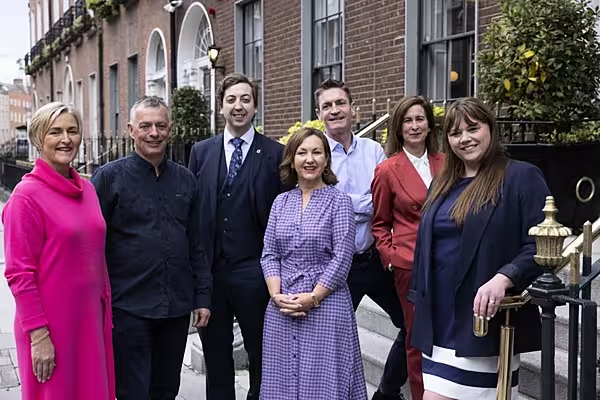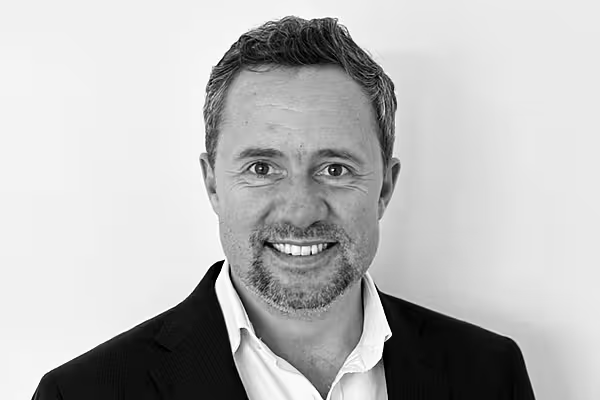The annual Guaranteed Irish Professional Services Forum has found that culture and communication are key to building trust in the ever-changing workplace.
Featured at the event, which took place this week, was an enriching panel of industry leaders, chaired by broadcaster and journalist Sarah Carey.
The panel discussed the rise of remote working and the best ways to navigate the changing nature of the workplace.
Individuals from various sectors – such as HR, technology, and law – discussed the future of the workplace, agility, and the need to work consistently on communication within a team.
‘Building Trust Is Key’
Guests enjoyed a networking breakfast before the panel discussion, wherein the managing director of Futurewise, Peter Cosgrove, spoke about remote versus on-site working.
Cosgrove said, “I am an advocate of hybrid working, and of making use of socialising opportunities when in the office.
“My advice to new-starters is to get into the office and meet executives to learn better and quicker.”
He added, “Post Covid-19 policies are not working, in practice, as senior executives come to the office, for the most part, and there is a lack of clarification for juniors.
“Building trust is key. Employees like to have fun at the office, and positive experiences lend to stronger relationships within a team.”
Adam Coleman, the chief executive of HRLocker, which is fully remote, discussed the importance of trust in the workplace.
Coleman said, “Trusting in your people – and in your company values – is paramount, and trust is what Guaranteed Irish is all about.
“We base our company on the principles of trust and truth, and our objective is to make life and work easier for both employers and employees.
“Selection of roles should be based on the job and on the person – then you can look at the remote-or-hybrid-working-versus-office scenarios and make it work for your business.
“The CEO sets the definition of culture, but employees decide what good culture looks like.”
The COO of HRLocker, Crystel Robbins Rynne, spoke about the right to request remote working.
Robbins Rynne said, “There is a right to request remote working, but employers still need to look at their own needs.
“Employers should engage with employees and decide collaboratively.
“Working and being creative online is normal for 25% of the population. This percentage is growing, and so we need to meet in the middle.”
‘Acting Fairly And Reasonably’
Alan Hickey of McCann FitzGerald LLP spoke from a legal perspective, with regards to remote working.
Hickey mentioned that communication and fairness are key, saying, “It is important that employers are acting fairly and reasonably when handling a remote-working request.
“Employers need to be flexible, but should always look back at the contract – was the employee promised a certain remote-working arrangement previously, or is it post-pandemic fallout?
“It is also important to be familiar with the code of practice on remote working, and to get advice.”
Finally, the chief executive of Career Decisions, Miriam Magner Flynn, shared her communication knowledge, saying, “Engaging in the hearts and minds of employees is key to creating happy and high-performing people.
“Successful leaders need to understand themselves, their personality, and motivated skills, and this will help them to understand others and motivate their team, whether managing them in person or remotely.”
Read More: Guaranteed Irish Marks Its 50th Anniversary









